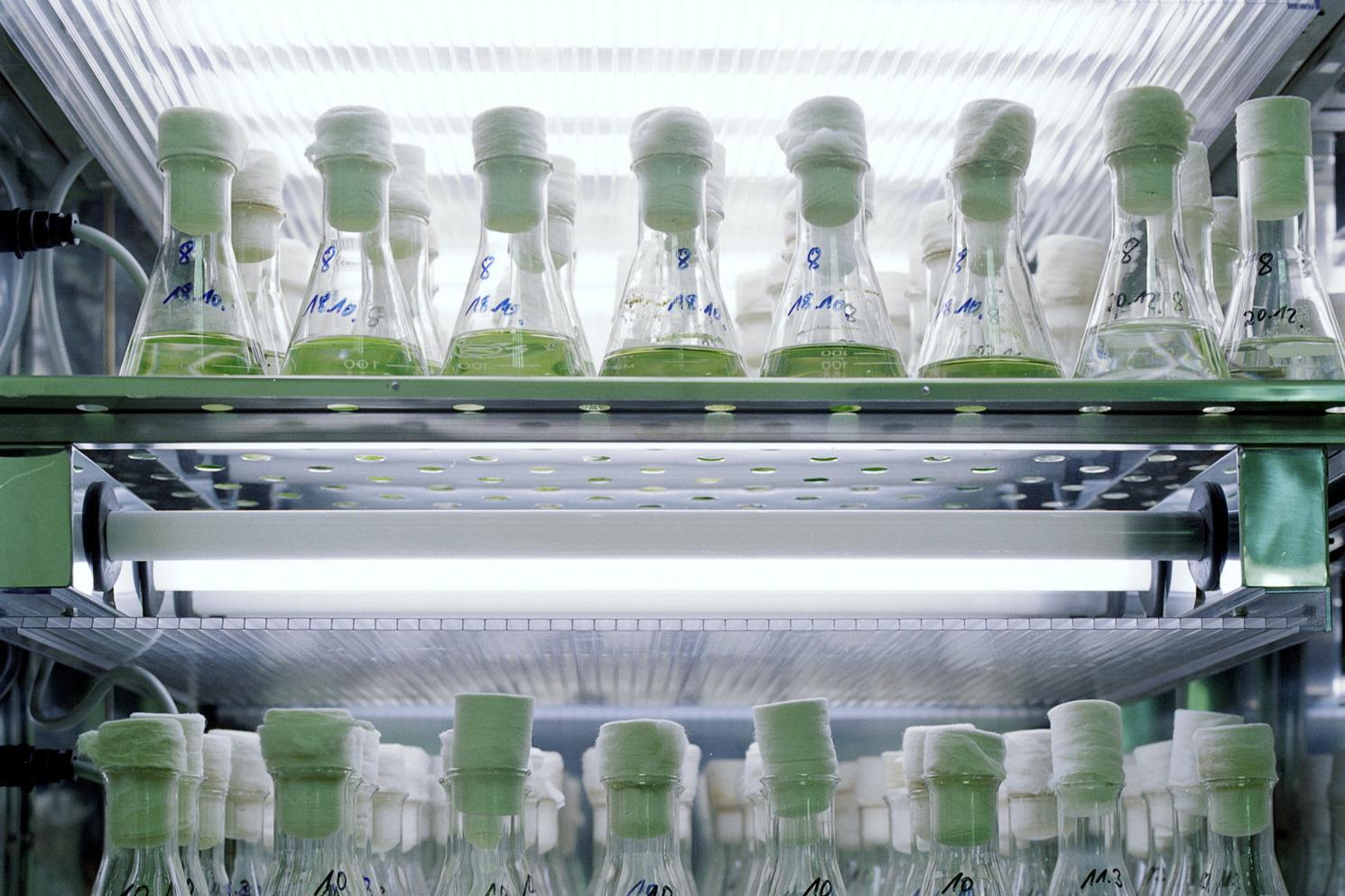Investors call for corporate and government action on toxic chemicals – Investment & Pensions Europe

Investor Coalition Urges Chemical Companies to Address Environmental Risks Aligned with SDGs
A coalition of over 40 investors managing assets exceeding $4 trillion (€3.4 trillion) has called on chemical companies to intensify efforts in mitigating systemic risks related to pollution, biodiversity loss, and climate change. This initiative aligns closely with the United Nations Sustainable Development Goals (SDGs), particularly SDG 12 (Responsible Consumption and Production), SDG 13 (Climate Action), and SDG 15 (Life on Land).
Investor Statement and Key Recommendations
Coordinated by the responsible investment NGO ShareAction, the coalition’s statement emphasizes the chemical sector’s insufficient pace in transitioning towards sustainable practices that protect vital ecosystems. Signatories include prominent investors such as AP2, AP3, Caisse des Dépôts et Consignations, SVVK-ASIR, Achmea Investment Management, Swedbank Robur, and Impax Asset Management.
- Identification and Disclosure: Chemical companies are urged to adopt best practices for identifying and disclosing risks their product portfolios pose to biodiversity through pollution.
- Risk Mitigation: Companies should implement strategies to address and reduce these environmental risks effectively.
- Regulatory Support: Investors advocate for stronger and harmonized global policy frameworks to facilitate the chemical industry’s transition to safe and sustainable products, supporting SDG 16 (Peace, Justice, and Strong Institutions).
Governmental Role and Global Policy Frameworks
The coalition also calls on governments worldwide to enhance regulatory measures concerning hazardous chemicals. This includes support for initiatives such as the Global Framework on Chemicals, currently advancing in Uruguay, which aims to strengthen actions against pollution from chemicals and waste, thereby contributing to SDG 3 (Good Health and Well-being) and SDG 14 (Life Below Water).
- UK politicians recently convened to discuss regulation of synthetic “forever chemicals.”
- The European Union is progressing towards regulating PFAS chemicals as a class, permitting their use only when essential.
Focus on Air Pollution and Financial Risk
In addition to chemical pollution, investors are increasingly concerned about air pollution’s underestimated financial and environmental risks. Last week, ShareAction coordinated a public statement urging companies to strengthen actions against air pollution, which directly impacts SDG 11 (Sustainable Cities and Communities) and SDG 3 (Good Health and Well-being).
- CCLA, a charity-focused asset manager, is leading an air pollution-focused initiative in collaboration with ShareAction.
- Signatories of the air pollution statement include Achmea, NEST, and Ethos Foundation.
Conclusion
This investor-led movement underscores the critical importance of integrating sustainability and environmental risk management into the chemical industry’s operations and governance. By aligning with the Sustainable Development Goals, these efforts aim to foster a circular economy, reduce pollution, and protect biodiversity to avoid a planetary catastrophe.
For further information, the latest digital edition of IPE’s magazine is available here.

1. Sustainable Development Goals (SDGs) Addressed or Connected
- SDG 12: Responsible Consumption and Production
- The article discusses the need for the chemical sector to transition towards safe and sustainable products, emphasizing circular economy principles and pollution elimination.
- SDG 13: Climate Action
- Investors urge chemical companies to address systemic risks posed by climate change.
- SDG 14: Life Below Water
- The article highlights pollution from chemicals and waste impacting ecosystems, which includes aquatic environments.
- SDG 15: Life on Land
- Biodiversity loss driven by pollution from chemicals is a central concern in the article.
- SDG 3: Good Health and Well-being
- Air pollution and hazardous chemicals regulation are discussed, which relate to health impacts.
- SDG 17: Partnerships for the Goals
- The coalition of investors and coordination with NGOs and governments reflects partnerships to achieve sustainable development.
2. Specific Targets Under Those SDGs Identified
- SDG 12
- Target 12.4: By 2020, achieve the environmentally sound management of chemicals and all wastes throughout their life cycle.
- Target 12.5: Substantially reduce waste generation through prevention, reduction, recycling, and reuse.
- SDG 13
- Target 13.2: Integrate climate change measures into national policies, strategies, and planning.
- SDG 14
- Target 14.1: Prevent and significantly reduce marine pollution of all kinds, particularly from land-based activities.
- SDG 15
- Target 15.5: Take urgent and significant action to reduce the degradation of natural habitats, halt biodiversity loss.
- SDG 3
- Target 3.9: Substantially reduce the number of deaths and illnesses from hazardous chemicals and air, water, and soil pollution.
- SDG 17
- Target 17.17: Encourage and promote effective public, public-private, and civil society partnerships.
3. Indicators Mentioned or Implied to Measure Progress
- Indicators related to chemical management and pollution:
- Proportion of chemicals produced and managed in a way that minimizes their adverse impacts on human health and the environment (aligned with SDG 12.4).
- Measures of pollution levels in air, water, and soil, including the presence of hazardous substances such as PFAS (“forever chemicals”).
- Indicators related to biodiversity loss:
- Trends in the extent and condition of ecosystems affected by chemical pollution.
- Indicators related to air pollution:
- Concentration of air pollutants emitted by industrial sources, including chemical companies.
- Number of policies or regulations enacted to control hazardous air pollutants.
- Indicators related to partnerships and policy frameworks:
- Number and effectiveness of global and national regulatory frameworks on chemicals.
- Level of investor engagement and collaboration on sustainable chemical management.
4. Table of SDGs, Targets, and Indicators
| SDGs | Targets | Indicators |
|---|---|---|
| SDG 12: Responsible Consumption and Production |
|
|
| SDG 13: Climate Action |
|
|
| SDG 14: Life Below Water |
|
|
| SDG 15: Life on Land |
|
|
| SDG 3: Good Health and Well-being |
|
|
| SDG 17: Partnerships for the Goals |
|
|
Source: ipe.com








